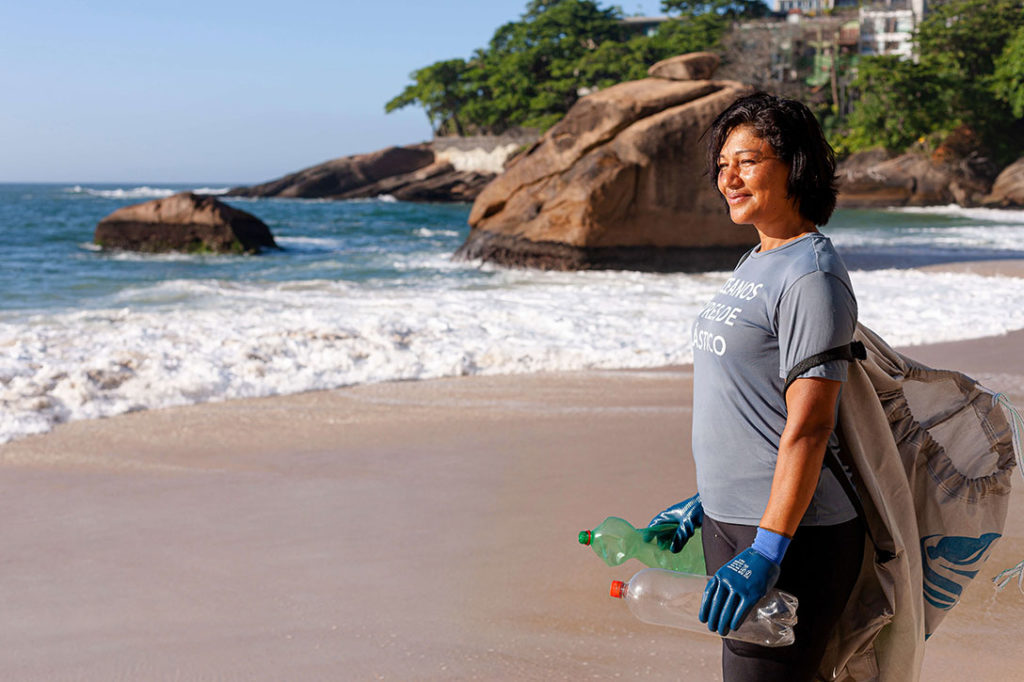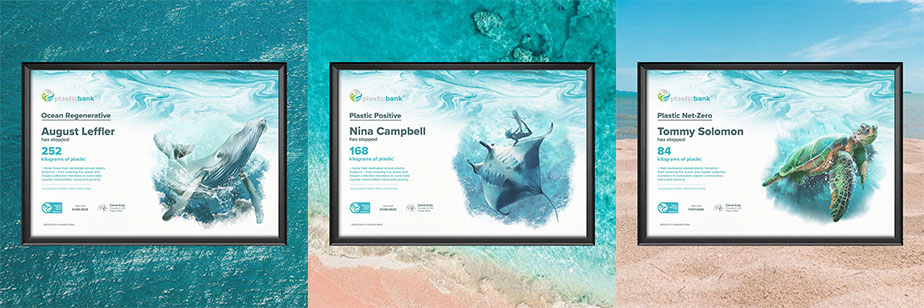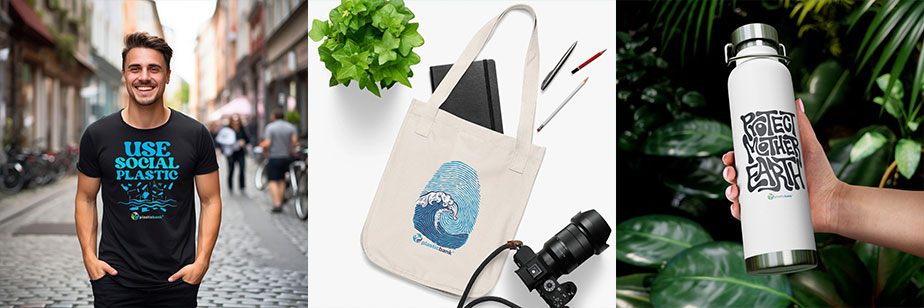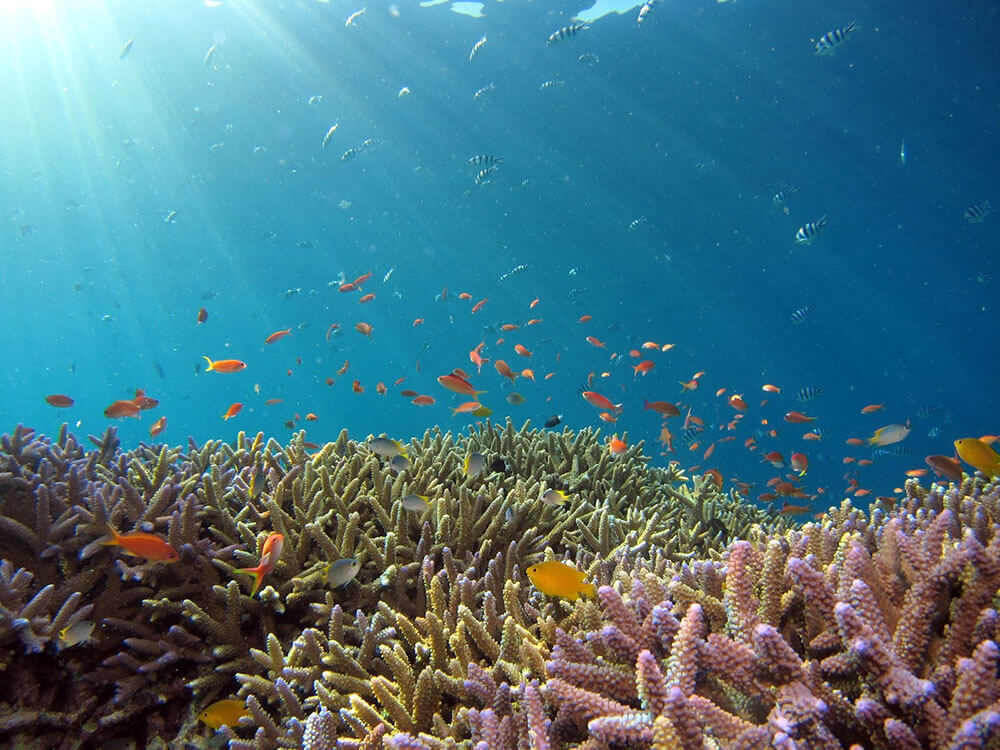 Poverty and Social Impact
Poverty and Social Impact
Imagine a world where the ocean brims with marine life, not plastic, and communities thrive by bringing the materials they purchase back to circularity. Enter Plastic Bank, a social enterprise committed to helping humanity win the battle against plastic pollution and poverty.
We’re not just another environmental organization; we’re a global movement intertwining local communities in a unique approach to tackle an overwhelming problem.
 Photo by Plastic Bank
Photo by Plastic Bank
Who we are
Plastic Bank stands tall globally, partnering with local communities, organizations, and businesses to turn the tide against plastic waste. We span across continents, but our heartbeat is local. With each community we touch, we collaborate, learn, and grow, knitting a global tapestry of changemakers, united by a shared mission.
Plastic Bank is revealing the value in plastic waste to help end poverty. Our collection communities collect and exchange ocean-bound plastic waste as currency for income and life-improving benefits. The collected plastic is then recycled and reused in products by some of our incredible partners. Together, we are empowering a circular economy.
Plastic Bank currently stops ocean-bound plastic in the Philippines, Indonesia, Brazil, and Egypt – targeting countries in regions of the world where plastic pollution and poverty rates are at an all-time high.
What we do
Local integration
We work closely with existing and developing recycling collection communities based 50 kilometres of ocean-bound waterways and coastlines. Our communities gather plastic waste directly from local beaches, riverbanks, neighbourhoods, and households – so we can stop ocean plastic directly at the source.
Plastic Collection
Local communities and members, like Atmawati, gather discarded plastic, preventing it from entering our oceans and turning it into a currency for additional income and life-improving benefits, including health, work and life insurance, digital connectivity, grocery vouchers, school supplies, and more.
Watch Atmawati’s story and learn how access to health insurance through plastic collection has improved life for her family.
The ripple effect
Our initiatives don’t just clean the environment; they uplift communities, foster economic growth, and lay the foundation for true social impact. We are working with some of the world’s most progressive companies committed to creating change, offsetting their plastic footprint, and empowering the regenerative future.
Together, we are empowering the Social Recycling movement, and your story can be part of the transformation.
How to get involved
Now is the time to join the Social Recycling movement. Here are some simple steps to help you create a better future for both people and the planet!
Stop your footprint with offset certificates
By purchasing a Plastic Bank certificate and offsetting your footprint or engaging your community to be the change they want to see, you are stopping ocean plastic and alleviating poverty. Your certification isn’t just for display; it’s a tangible reminder of your impact!

Rep our merchandise
Our merchandise is more than just stylish; it symbolizes your commitment to a wasteless world. When you rep our mission, you champion Social Recycling and empower recycling communities on the frontlines of plastic pollution to pave a path out of poverty.

Subscribe to our newsletter
Dive deeper and keep informed on our growing impact by signing up for our newsletter. From community stories to exciting announcements, our newsletter is the best way to stay up-to-date.
Follow along on social media
At the heart of the Social Recycling movement are the people who make it all possible – our collection community members. To get to know our communities and hear our stories, follow us on social.
Follow Us
Are you ready to begin?
The journey against plastic pollution is vast but not insurmountable. With each certificate purchased, each piece of merchandise worn, and every story shared, we inch closer to a world without waste.




